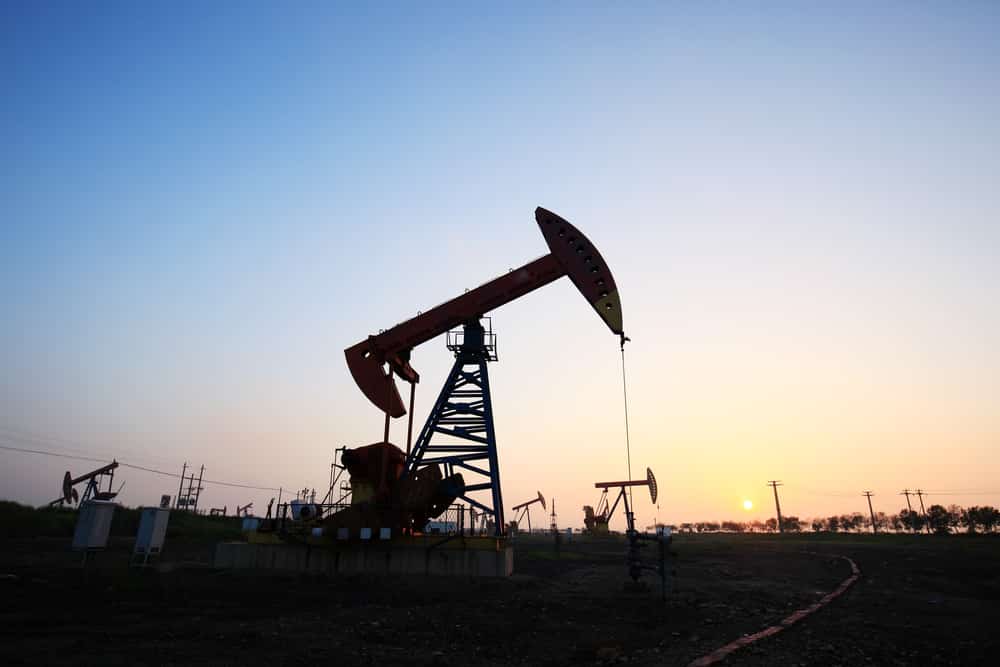
India Buys Russian Oil, Keeps Prices Below $150
- India’s Strategic Purchases Cap Oil at $75.
- Moscow Now Tops India’s Oil Sources, 36%.
- Renewables Target: 50% by 2030 Amid Coal Dominance.
Strategic Russian Oil Buys Shield $75 Cap
The global community has recognized India’s strategic procurement of Russian oil, signalling a broad acceptance of this manoeuvre. The focus is less on India’s selection of Russian crude and more on the potential economic ramifications of pivoting towards Middle Eastern oil. This could see prices escalate from the current $75 or $76 to $150.
In the wake of geopolitical tensions spurred by Russia’s invasion of Ukraine in February 2022, India has ramped up its acquisition of discounted Russian oil. This move has positioned Russia as the primary crude supplier to the South Asian nation. India’s strategic procurement advantages its own economy. It also contributes to stabilizing global oil prices. This averts a potential price surge. Such a surge would likely result from increased reliance on Middle Eastern oil.
Shift from the Middle East to Russian Crude Accounts for 36%
India’s turn towards Russian crude has led to a decline in its oil imports from the Middle East, reaching an all-time low. This change is particularly notable given the Middle East’s longstanding dominance in the global oil market. Following the onset of military actions in Ukraine by Russia in February 2022, Indian refineries have markedly increased their intake of Russian oil at reduced prices. As a result, Russia now accounts for approximately 36% of India’s crude oil imports. This illustrates India’s strategic efforts to ensure energy security. Additionally, it aids in the stability of the global oil market.
India’s Prospects and Challenges in Energy
Looking forward, India is not only addressing its immediate energy needs but also gearing up for anticipated future demands. With projections indicating India as the leading contributor to global oil demand growth from 2023 to 2030, the country is on track to enhance its oil refining capabilities significantly. Nonetheless, this expansion poses a challenge to India’s renewable energy ambitions, which include a considerable shift towards renewables by 2030 and aiming for a full transition by 2050. Navigating the balance between these objectives and the realities of escalating oil demand and infrastructure expansion will be a critical challenge for India in the ensuing years.


